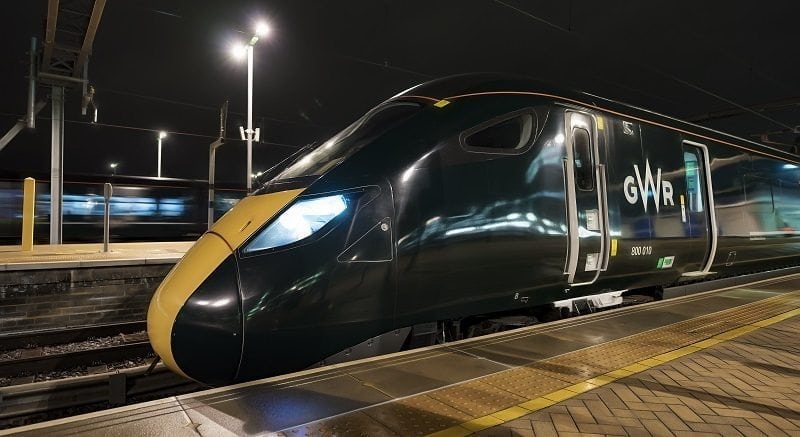On Wednesday evening, the FTSE 250 transport operator, which owns Great Western Railway and Greyhound bus, put out a statement that it had unanimously rejected an offer from US private equity giant Apollo, which it called an “opportunistic bid”.
While First Group did not disclose the size of the offer price, it said the bid from the New York Stock Exchange-listed firm “fundamentally undervalues the company”.
Apollo has until 5pm on 9 May 2018 to make a firm offer, in which it could raise its asking price or attempt a hostile takeover by appealing to major shareholders, or back off.
Shareholders
Jupiter Asset Management is currently the largest shareholder in the transport operator with a 6.7% stake, followed by Aberforth Partners and Majedie Asset Management, which have a 3.9% and 3.4% stake respectively, according to Morningstar.
First Group’s shares opened 3.5% higher on Thursday morning at 110.5p per share.
The transport operator’s share price has picked up steam within the last month after being on the decline for the better part of a year and suffering a major hit in February after adverse weather and increased competition for Greyhound bus took a toll on revenues.
Despite, gaining back 25% of its value in one month, the FTSE 250 firm’s shares are still down 21% compared with a year ago.
Valuation
Deutsche Bank research puts FirstGroup at a target price of 90p per share after taking the EV/EBITDA or enterprise multiple of its operations, including Greyhound and UK Rail, and subtracting net debt of £1.13bn, pension liabilities of £269m and other known costs that would impact earnings.
In its estimation, the company is valued at around £1.08bn, though it added the company could be worth between 146p to 157p using more bullish assumptions, roughly 43% to 54% higher than yesterday’s closing price.
But analysts at the investment bank stressed they were sceptical of Apollo’s rationale for pursuing the deal with FirstGroup, on the basis that they “do not see tremendous scope to lever up the business”.
“A relatively common thesis in the industry is that you can generate value by separating the US and UK businesses, and then lever up and attain a higher valuation in the US arm and ring-fence the risk in the UK arm,” they said.
“A relatively similar approach was proposed by an activist investor on National Express’ shareholder register in the recent past. At the time we were sceptical on this generating value at National Express and all else equal we would be similarly sceptical if this was proposed for First Group.”
Deutsche Bank analysts were similarly unconvinced that counterbidders would emerge but suspected shareholders would welcome the potential bid, which could “highlight a potential valuation mismatch”, re-focus management or result in a more compelling offer down the line.










